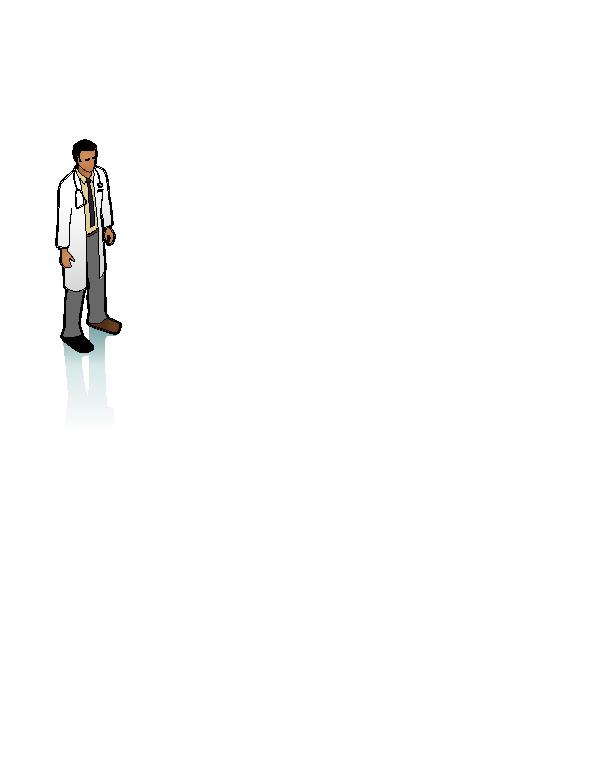
of specialist physician practice, as the
PSR found that the request received by
the gastroenterologist was valid for the
procedure only and not for any consultation.
If that was the case, it seems to have reduced
the gastroenterologist to being little more
than a technician.
caution in rendering services not specifically
articulated in the referral document, and to
keep a thorough record of services provided.
and specialist referrals three months,
although GPs can state the length of the
referral to be something other than 12
months if they so choose. The start date is the
date of the first consultation covered by that
referral, not the date of the referral itself.
months or the duration of the admission,
whichever is longer. The referral in this
instance does not need to be a separate letter
ordocument.Regulation30providesthata
signed referral contained in and forming part
of the patient's hospital file is sufficient.
this is simply not the case.
request a new referral and advising GPs not
to issue a new referral unless a new condition
arises. Yet, anecdotally, doctors and practice
managers will tell you that indefinite referrals
seem to `expire' in an arbitrary fashion.
Then, having called Medicare, they are
informed that the referral has expired,
despite protests that it was indefinite.
If you don't you cannot claim the specialist-
referred items. This remains a peculiarity of
the system.
manage the situation where you thought
you had a valid referral prior to your first
consultation with the patient but it turns
out you didn't?
up with the referral' rejection codes. In a
medical-billing company where we submit
thousands of claims daily, problems with the
referral is one of the most common causes
ofrejectedclaims.Often,oncethedatahas
been carefully checked to ensure name and
provider number were correctly entered and
phone calls have been made, it turns out
that an intern or resident whose provider
number does not yet allow them to refer
has written the original referral.
provider number that allows them to refer
to private clinicians outside of the hospital.
They are able to write a referral on behalf of
their supervising consultant, as long as the
consultant signs the referral. The privilege of
referring comes with their qualifications, a
little later in their careers.
named the wrong referring doctor and
provider number, and until this is fixed, the
claim will not be paid. But the question here
is whether you should revert to claiming the
non-referred items until such time as you
have a valid referral, or whether a genuine
error can be corrected.
destroyed referral and so those provisions
cannot apply. It's simply an honest mistake
usually made by a well-meaning junior